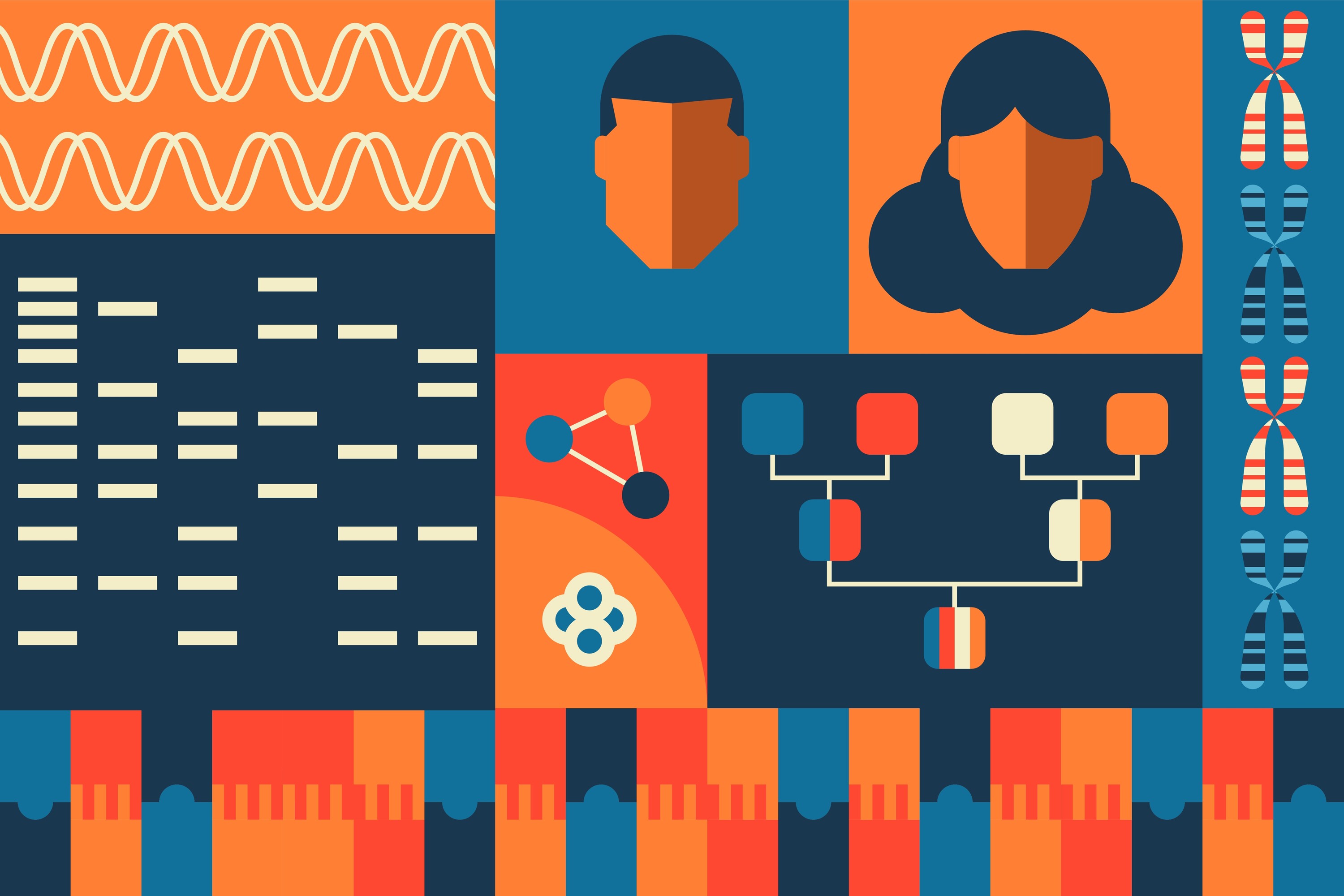A DNA test can reveal a lot of both positive and potentially negative information for the tester. There are also limitations to what it can tell. Whether or not to test should be decided with as much information as possible. The following is a short explanation of some misconceptions, reasons why a person would want to take a DNA test with a positive example, and reasons why a person would not want to take a DNA test with a negative example.
Misconceptions
One significant application of genealogical DNA is matching. Does DNA matching provide the tester with her family tree? Many people may expect such results. However, DNA test results do not include a family tree. DNA match lists do not provide exact relationships with each match. They make suggestions based on data. It is important to note that the tester should not expect to share DNA with everyone in her family tree.
DNA testers often expect to find out where their ancestors are from and their ethnicity. DNA tests estimate ethnicity. Testing companies use population compositions, population sizes, and their own algorithms. Ethnicity estimates change because the populations change.
DNA testing reveals health information about the test taker.[1] The genetic markers provide insight into the tester's propensity or lack of it to various health issues. "Scientists have discovered that the correlation between health and genetics is extremely complex and that the environment plays a much larger role in determining our health." [2]
Reasons to Take a DNA Test
In addition to the elements above, testing can reveal elements among the reasons people indicate for testing such as:
- adoption information
- parentage
- medical conditions
- errors/confirmation in a researched family tree
One example of positive results involves Yvonne, who was adopted. Yvonne took a DNA test with 23&Me. 23&Me suggested that her match Randi might be her grandma. Yvonne contacted Randi through 23&Me. Randi determined that she and Yvonne were half-sisters. Yvonne wanted to find her biological mother. Yvonne completed the AncestryDNA test and found her mother. Yvonne has learned a lot about her family history. Everyone involved is thrilled with the outcome of the DNA test results.
Reasons to Not Take a DNA Test
For some people, the reasons they want to take a DNA test are the very same reasons other people may not want to take one. DNA tests can reveal adoption information such as parentage. The identities of the parents are sometimes sealed by law. The parents may not want the information out. DNA tests can tell if someone is, or is not, the expected parent. For that matter, DNA tests may show if a parent was a sperm or egg donor.
An example of a negative experience with testing happened to Brandon. He never knew who his father was. Brandon's daughter took a DNA test. She found a cousin, Chuck. Brandon hoped Chuck was also related to him. Brandon took a test. He and Chuck were not matched. By way of other connections, Brandon found his biological siblings and biological father. As Brandon made contact with his matches, he discovered that neither the father nor the siblings wanted anything to do with him. They denied that they were truly related. It was heartbreaking for Brandon. No doubt there was suffering on the other end as well. Taking a DNA test may reveal something unexpected and even unwanted.
Conclusion
Much can be learned from DNA testing. Some things cannot be learned. There are several misconceptions about DNA testing and what it can reveal. DNA testing will not build the tester's family tree or even tell her precisely how she is related to a match. The tester's ethnicity estimates will change over time. Health information from DNA testing is not specific or necessarily predictive. There are many good reasons to take a DNA test including finding matches such as biological parents and siblings, true parentage, and confirmation of researched family and ancestral connections. There are also many negative effects or reasons not to have a DNA test. These include some of the same reasons as the list of positive reasons, such as finding biological parents and siblings who do not want to be found, unexpected and unwanted true parentage. They could also find that a parent was a sperm or egg donor. The decision to take, or not take, a DNA test rests upon the test taker and should be informed by as many of the facts as possible.
Let us know if we can help you
If you need any help finding your ancestors, just let us know.


